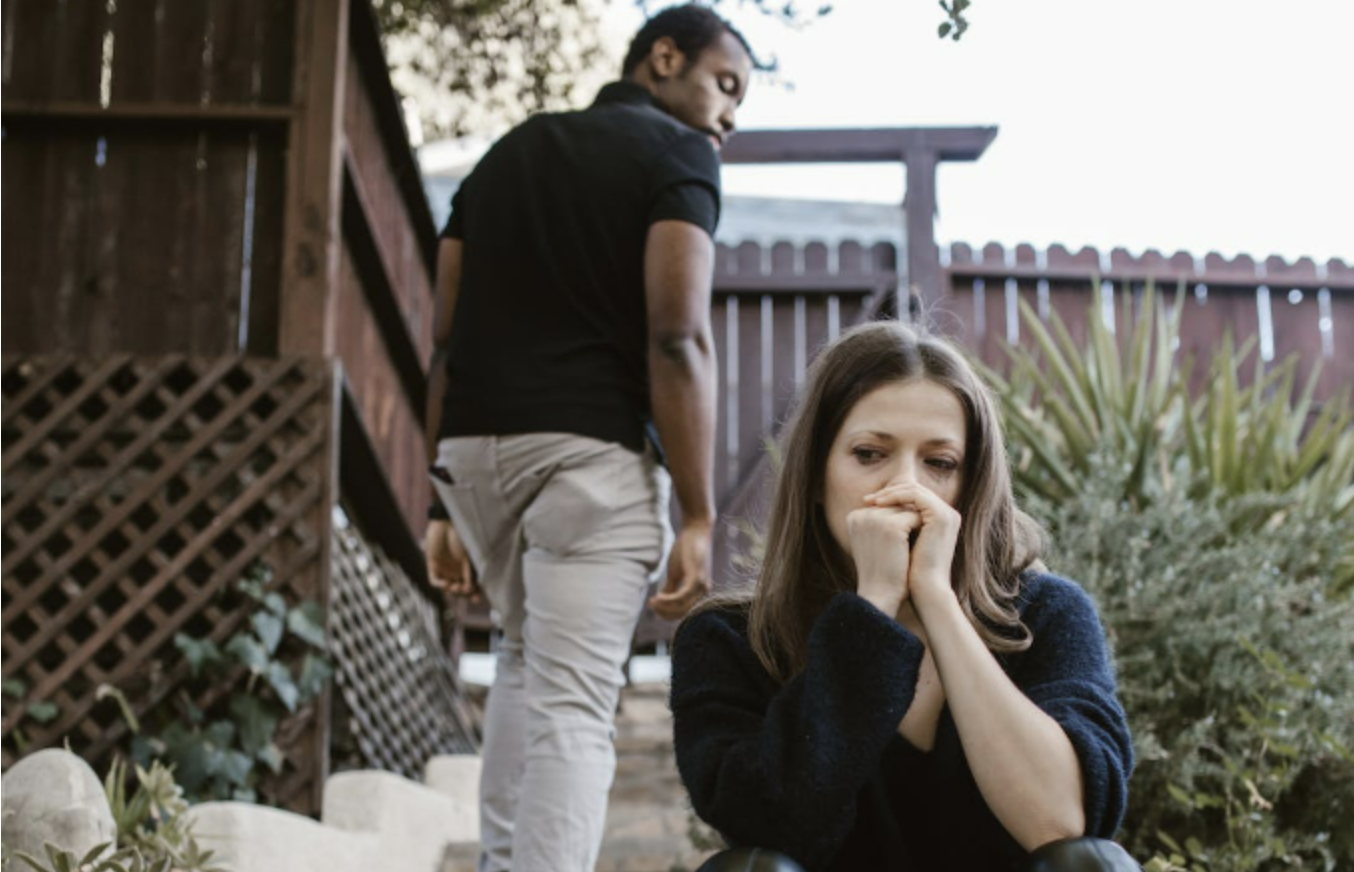Divorce Simplified: A Kindergarten Perspective
Oct 14, 2023
In 1986, Robert Fulghum penned an incredibly insightful book titled "All I Really Need to Know I Learned in Kindergarten." Surprisingly, many of these valuable lessons remain remarkably relevant even as we navigate the complexities of adulthood.
This got me contemplating: how can we adapt these timeless lessons to the context of divorce?
In the upcoming blogs, we will be taking the key “lessons” from Fulgham’s book and connecting them to the unique experiences of divorce. Today, we will start with the concept of “Share Everything.”
Marriage began with both parties agreeing. Likewise, ending it requires mutual agreement, even if it's not ideal or your preference. Can you find aspects in your marriage where you can take responsibility for strengths and challenges? While the other party may (or may not) bear most of it, often at least 10%, if not more, is worth reflecting on and owning your participation in the “dance”.
Openness and authenticity are vital in any relationship, not least in a marriage. What is shared in this intimate bond?
- The material possessions we bring into the union.
- Our deepest feelings and emotions.
- Our trust.
- Our struggles and challenges.
- Our aspirations and dreams.
However, when marriage ends in divorce, the nature of sharing changes significantly. What does it entail then?
- The division of our belongings.
- The shared custody of our children.
- The splitting of our property.
- Our emotional pain and heartbreak.
- The partition of our retirement savings.

Divorce is a multifaceted process with no two experiences alike. Some divorces may be straightforward, amicable, and relatively inexpensive... or so I hear. Others may be fraught with difficulties, unexpected twists and turns, as well as emotional and financial stress. The final two are a given for many of us on both sides of the divorce experience.
Those going through a divorce who have children know the angst and emotional struggle of having to share custody. Consider…for a moment…how this sharing can occur to benefit both yourself and your children.
How can we envision sharing the journey into life after divorce? Katherine Woodward Thomas explores this in her book, "Conscious Uncoupling: 5 Steps to Living Happily Even After," which focuses on post-divorce life. As you navigate this transition and beyond, it's crucial to prioritize your emotional well-being and personal growth. Remember that recovery is a unique process with no fixed timetable, especially if you've endured abuse in your past relationship.
This brings up another aspect of sharing during a divorce. Your recovery journey and the individuals you share it with are deeply personal choices. Be discerning in selecting those with whom you share this path of healing. These people may or may not be your trusted confidants during the marriage. And this is OK! Find the people who help fuel your recovery, along with sitting still beside you when there is little forward movement.
As you may now see, sharing is not always with your former spouse.
Ideally, sharing is a two-way street in all relationships. Not only is it essential to share ourselves and our talents, but it is also important to receive these things from people in our lives. If you are only on one side of this equation in personal or professional relationships, consider the health and benefits of this relationship. And since we can only change ourselves, it is up to us to shift to the space of “ease and flow.” In some cases, “ease and flow” can be restored. And in other situations, creating a new flow is our best option.
And you harness the gift of choosing who to share your life with today…and all your tomorrows.

In summary, the kindergarten lesson about sharing everything may not apply 100% when going through a divorce. I hope this perspective encourages you to contemplate where sharing can be a valuable component of your divorce and recovery journey.

